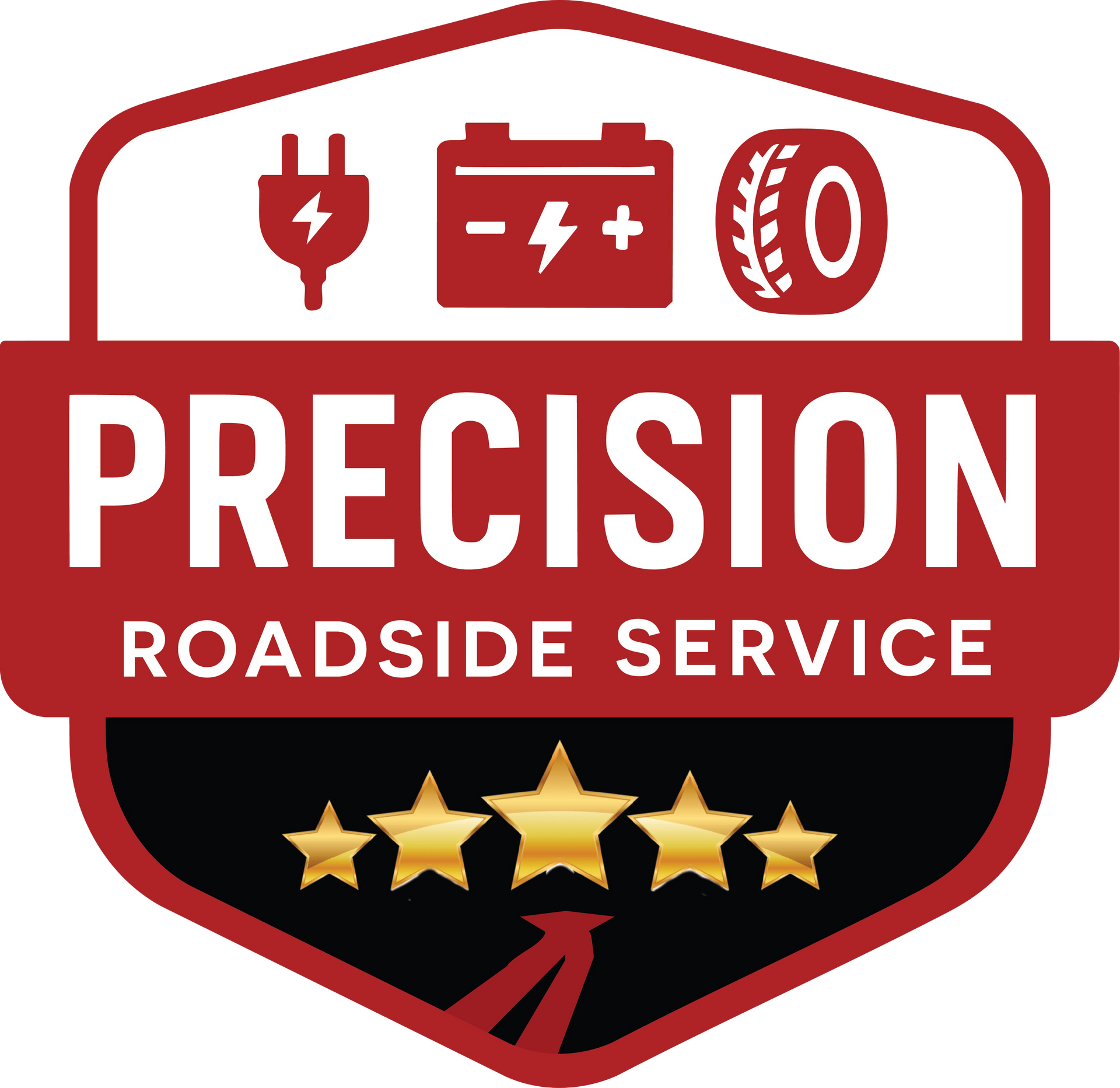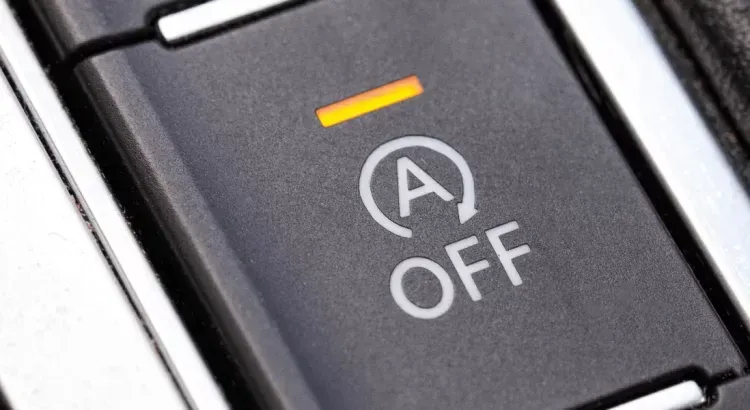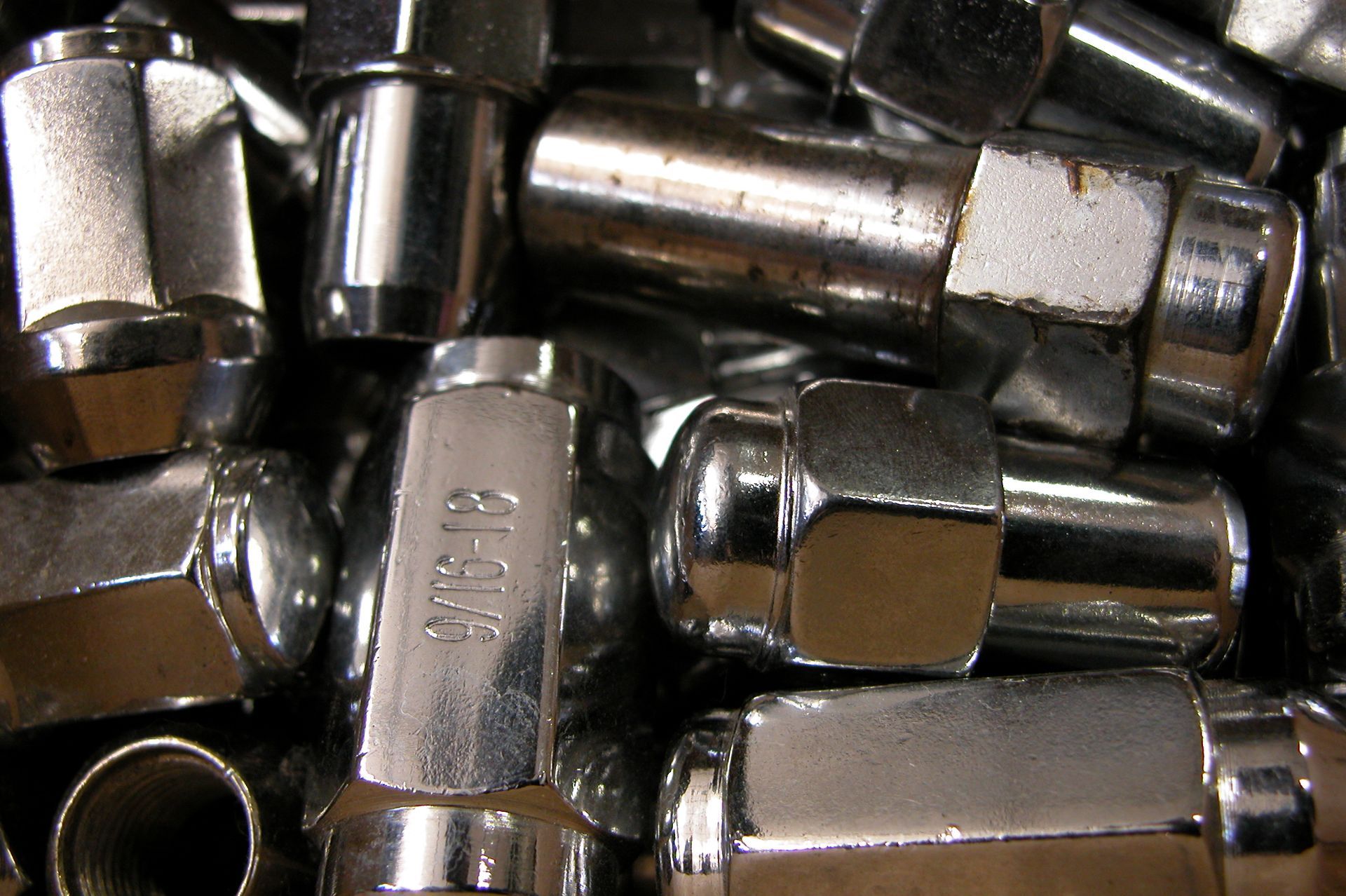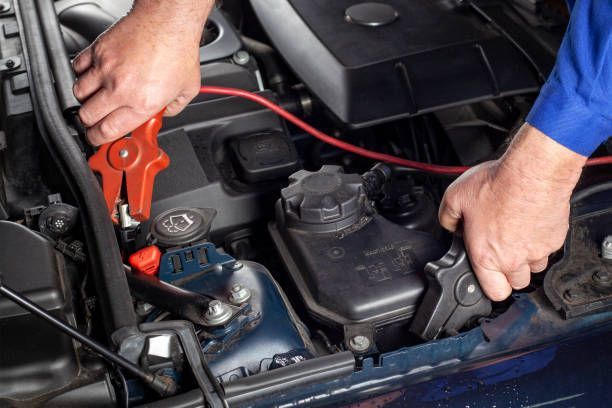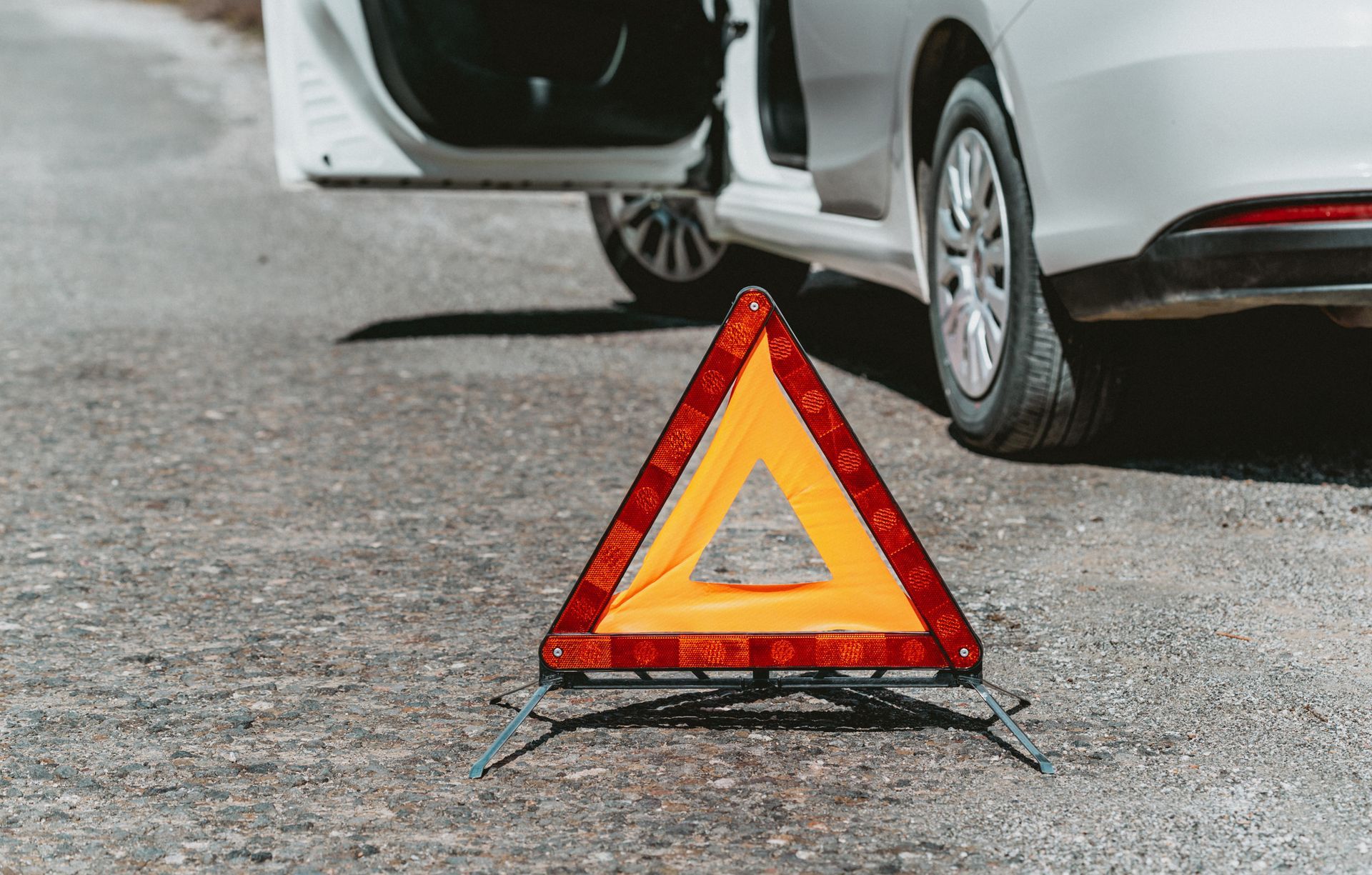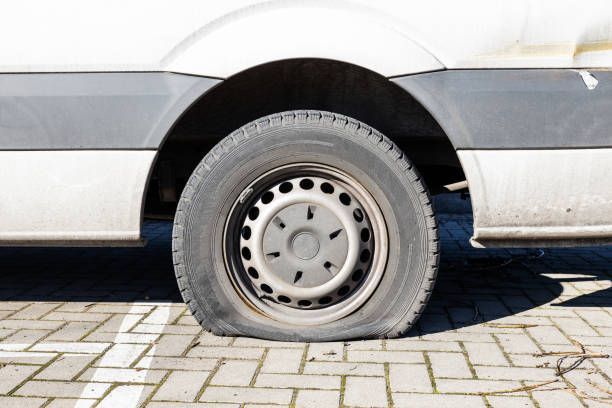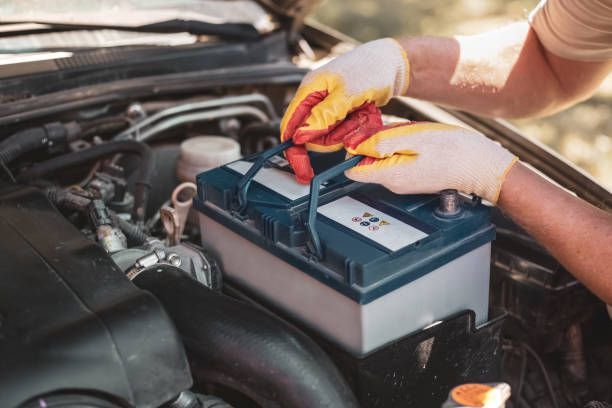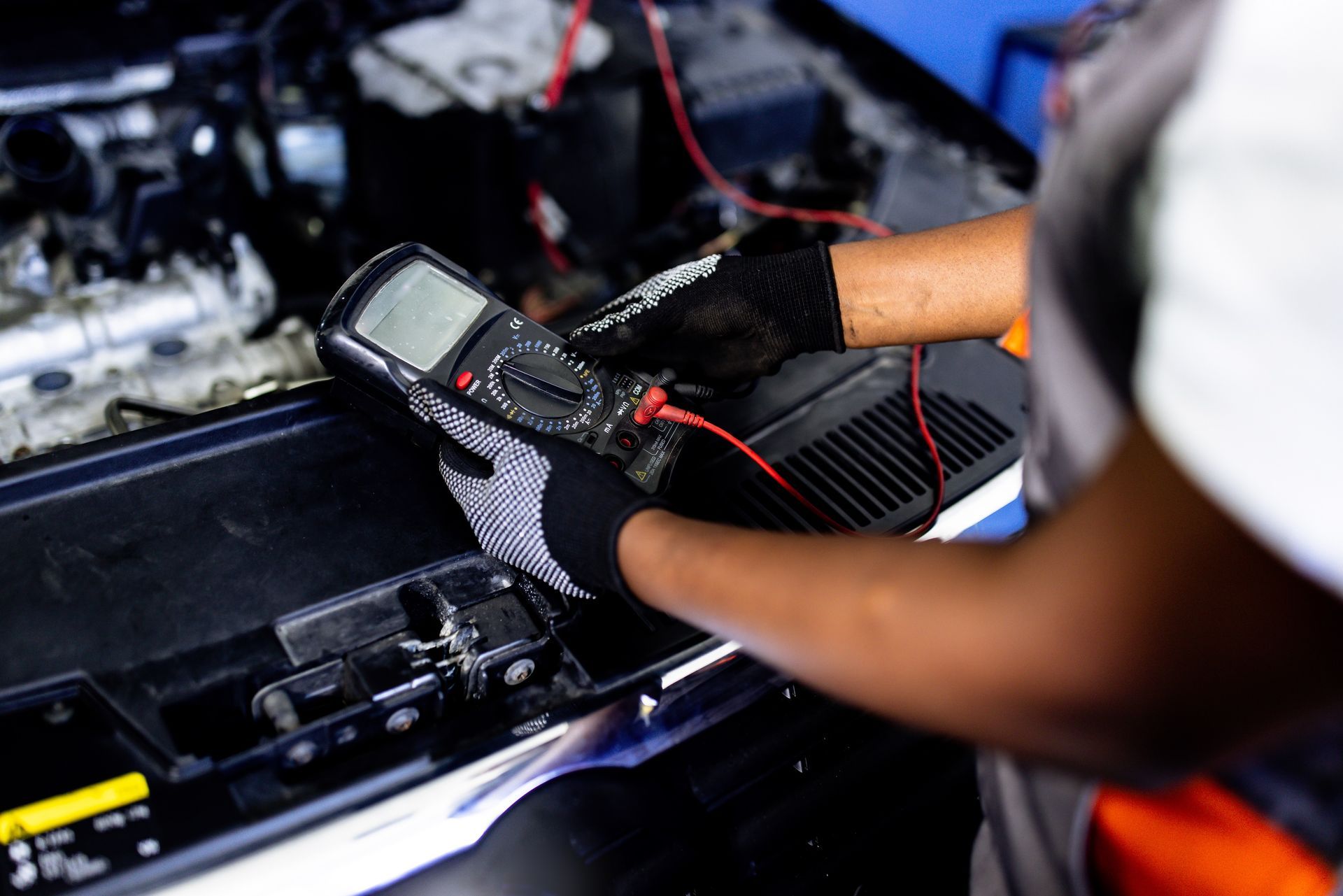Why Battery Programming & Resetting is needed in modern day vehicles.
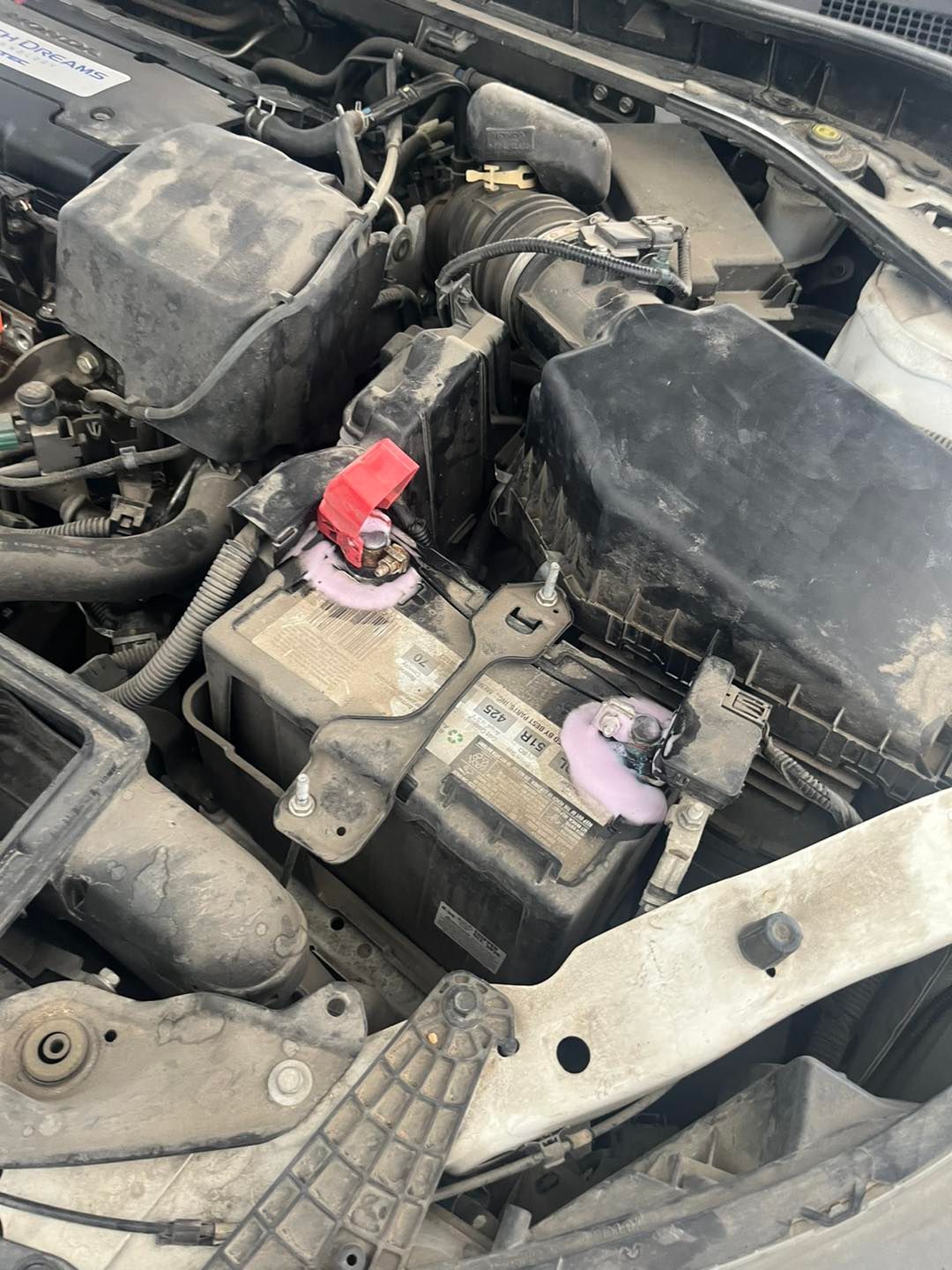
Mobile car battery registration
is important for several reasons:
1. Warranty Verification: Registering the battery
often helps in verifying the warranty, ensuring that you can make claims if the battery fails within the warranty period.
2. Safety and Compliance: Registration can assist in maintaining safety standards and compliance with regulations. It ensures that the battery
meets certain safety requirements and helps prevent accidents.
3. Tracking and Recalls: In case of a recall or safety issue with a specific battery
model, registration allows manufacturers to inform registered users quickly. This can prevent potential hazards.
4. Maintenance Alerts: Some manufacturers provide maintenance tips and alerts for registered batteries, helping users take better care of their batteries
and prolonging their lifespan.
5. Performance Records: Registration can help track the batteries
performance over time, providing insights into its health and efficiency, which can be beneficial for both users and manufacturers.
6. Resale Value: A registered battery
can enhance the resale value of the vehicle, as potential buyers may view it as a sign of good maintenance and care.
Overall, mobile car battery registration
adds a layer of convenience and security for both consumers and manufacturers.
If you are unsure if your vehicle computer needs to be reset and/or programmed after a battery installation give Precision Roadside Service
a call 480-256-8516, one of our trained technicions can help!
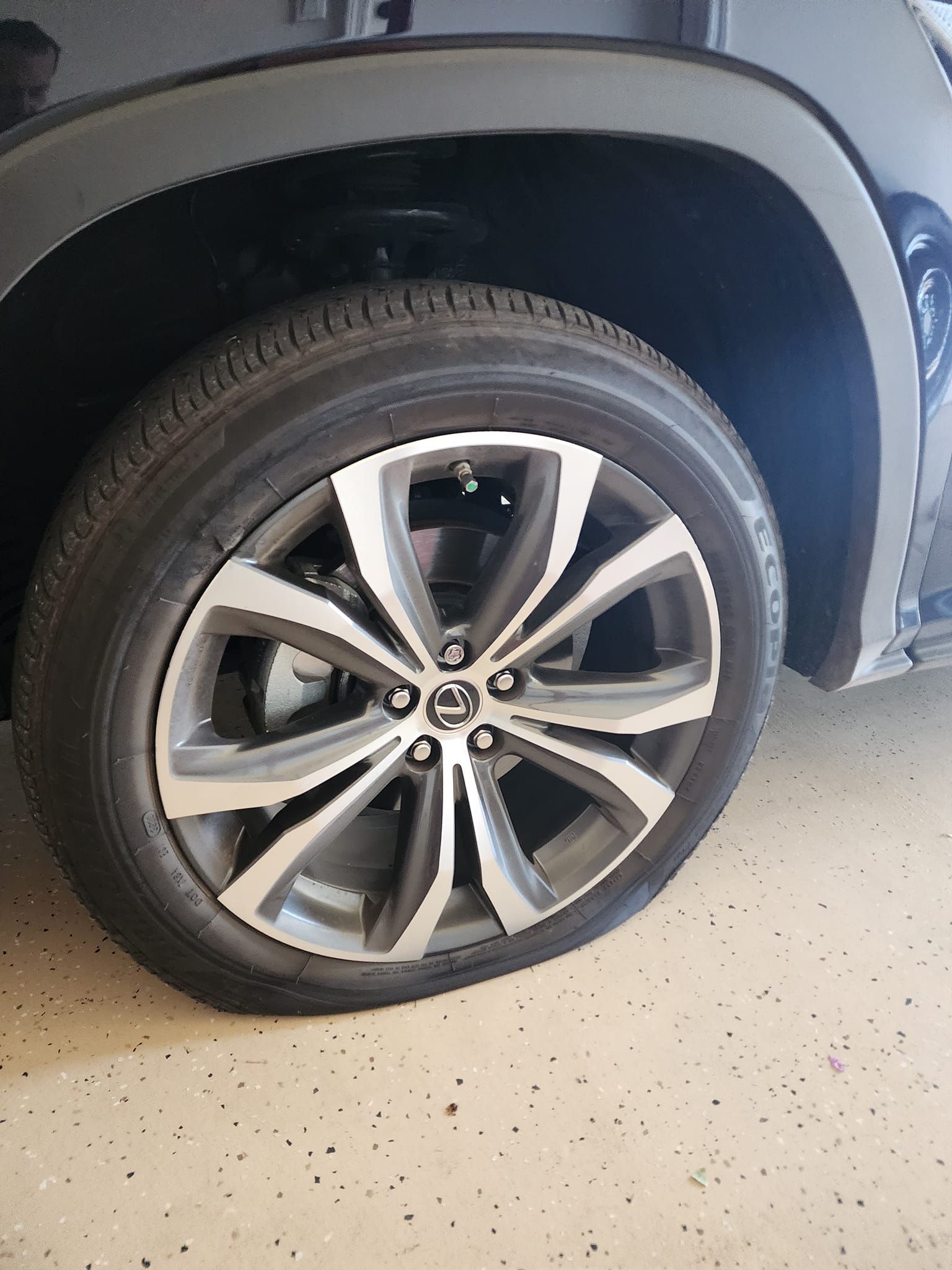
Why Properly Torquing Lug Nuts Matters for Safety and Performance When it comes to vehicle maintenance, few people think about the importance of properly torquing lug nuts. But this simple step plays a critical role in your car’s safety, performance, and longevity. At Precision Roadside Service in Phoenix, AZ, we often see issues caused by wheels that weren’t tightened to the manufacturer’s specifications. Why Lug Nut Torque Matters 1. Safety on the Road Prevents wheel detachment: Loose lug nuts can cause your wheel to fall off while driving, while over-tightened nuts put stress on the wheel assembly. Even pressure distribution: Following the proper torque spec ensures the wheel, brake rotor, and hub are evenly secured. 2. Wheel Alignment & Fitment Even clamping force: Torque keeps all lug nuts evenly tightened, preventing wobbling or misalignment. Avoids warping: Too much torque can warp the rotor or wheel; too little can lead to vibrations. 3. Protecting Your Vehicle’s Parts Prevents stripped studs & threads caused by over-tightening. Protects brake rotors & hubs from distortion that leads to uneven tire wear. 4. Preserving Warranty & Vehicle Integrity Manufacturers often require correct torque to maintain warranty coverage. Proper torque extends the life of wheels, bearings, and suspension parts. 5. Tire Performance & Fuel Efficiency A properly torqued wheel maintains alignment, reducing uneven tire wear. Correct torque helps improve handling, safety, and fuel economy. How to Properly Torque Lug Nuts Use a torque wrench: Most vehicles require 70–100 lb-ft (95–135 Nm), but always check your owner’s manual. Tighten in a star pattern: Gradually torque each nut in stages for even pressure distribution. Final Thoughts Taking the time to torque your lug nuts properly isn’t just about following the manual—it’s about protecting your vehicle and everyone riding in it. Whether you’re changing a flat on the side of the road in Tempe, Mesa, Chandler, or Phoenix, or having new tires installed, always make sure lug nuts are tightened to spec. If you ever need help with a tire change, mobile EV charging, or emergency roadside assistance in Phoenix, AZ, the team at Precision Roadside Service is available 24/7. 👉 Learn more about our roadside tire services
